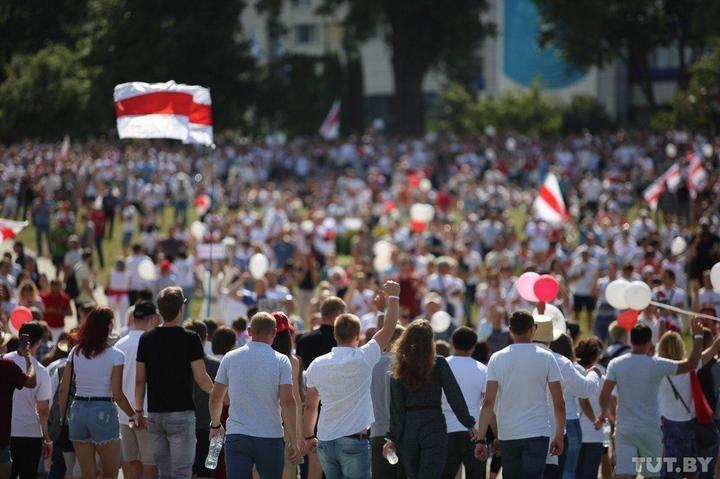According to Fyodor Lukyanov, the editor of Russia in Global Affairs and one of the most prominent foreign policy commentators in Moscow, the transition in Belarus might go in any of these directions but is most likely to follow the course seen in Armenia rather than that in Ukraine.
Lukashenka doesn’t have any plan to yield his position easily, and he has demonstrated for years that he is quite capable of maneuvering far more capably than many have thought possible even when he is in a tight situation, the commentator says. But this time may be different, although even now, the situation in Belarus has many unique features.
However, the things that make the transition situation in Belarus more like that in Armenia than in Ukraine are critical: First, Minsk like Yerevan really does not have any option but to maintain in the Russian sphere of influence. Second, the West is far less interested in and focused on Belarus than it was Ukraine and views Lukashenka with distaste.
And third, and this may be the most important factor of all, Lukyanov says, Belarus is both a sovereign state and part of the Russian-led Union state. For all of the Belarusian president’s complaints about Moscow and Putin, the Union state gives him certain advantages that his successors will likely want to take advantage of as well.
The real wild card in this situation, Lukyanov says, is Moscow. It is not simply that Lukashenka has annoyed Putin by his antics. Moscow has changed its approach to the former Soviet republics. Influenced by Donald Trump’s mercantilism, the Kremlin sees ever less reason to view them as anything but foreign countries that either help or hurt Russia.
Obviously, Belarus is important for Russia geopolitically; but it will have to pay its own pay more than it does now. If Minsk leaders aren’t willing to do that, they are unlikely to find the kind of support they likely expect in the Russian capital, the Moscow foreign policy commentator concludes.








